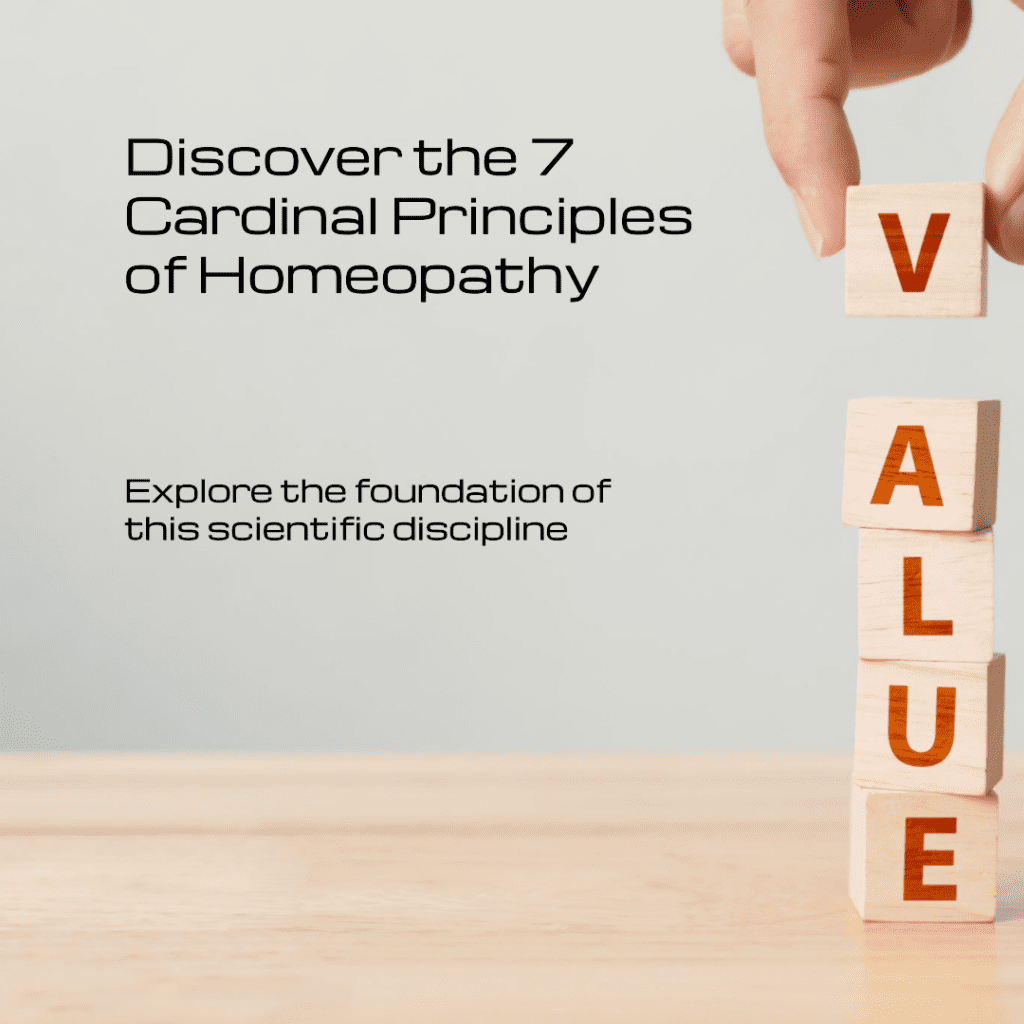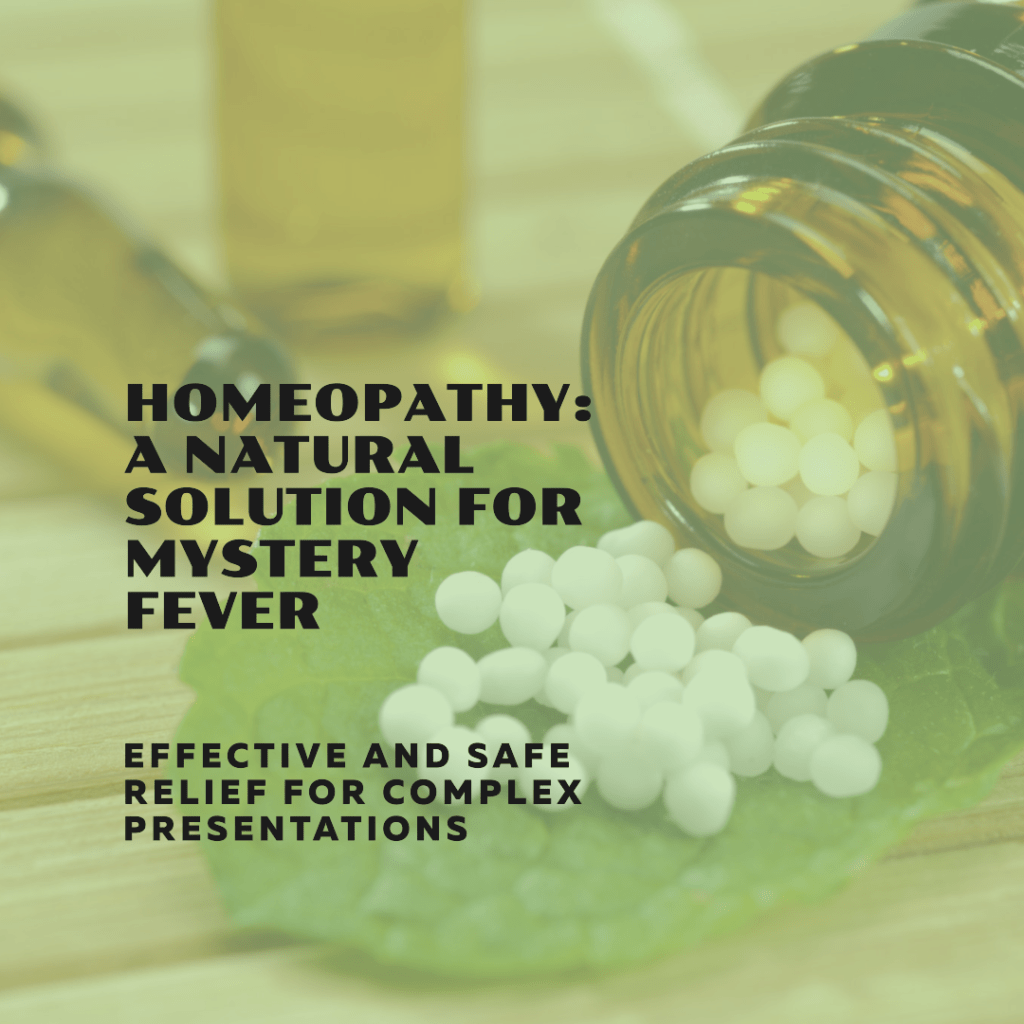What are the 7 Cardinal Principles of Homeopathy? Every scientific discipline is based on a foundation of guiding principles, and homeopathy is no exception.
This prestigious field has established a set of seven Cardinal Principles of Homeopathy that serve as the basis for its practice. Rooted in these principles, homeopathy has developed a unique philosophy and therapeutic approach. To clarify the complexities of this medical system, it is essential to comprehensively examine each of these principles.
Table of Contents

These are 7 Cardinal Principles of Homeopathy
- Law of Similia
- Law of Simplex
- Law of Minimum
- Doctrine of Drug Proving
- Theory of Chronic Diseases
- Theory of Vital Force
- Doctrine of Drug Dynamization
Let's delve into detail about the 7 Cardinal Principles of Homeopathy...
Law of Similia
In the field of homeopathy, the cornerstone principle is encapsulated in the law of similia, expressed as "similia similibus curantur", which translates to "like cures like".
This fundamental concept is reflected in the nomenclature of homeopathy itself, where "homeo" from the Greek means "same", and "pathos" means "suffering".
Thus, homeopathy symbolizes the art of treating like with like. In practical terms, this means that a substance capable of producing symptoms in a healthy person can, in gentle, non-toxic microdoses of homeopathy, bring about healing in people suffering from parallel symptoms, regardless of their underlying cause.
The remedy that best matches the patient's symptomatology is called a "similimum". For example, Apis, obtained from the honey bee, acts as a powerful remedy for cases such as swelling, stinging pain, and respiratory distress.
Law of Simplex
Hahnemann, the venerable ancestor of homeopathy, clearly advocated the administration of a single, solitary medicinal substance at a time. This mandate is based on several arguments:
- The practice of proving a drug separately ensures that its effects remain unfounded.
- At any given time, only one remedy can truly match the patient's condition.
- Employing multiple treatments simultaneously may lead to diagnostic confusion and complicate evaluation of therapeutic effects.
- Potential synergistic interactions that may occur between multiple treatments are a source of uncertainty.
Law of Minimum
In the field of homeopathy, the adage “less is more” plays a paramount role. This is based on several compelling reasons:
- Administration of the lowest dose avoids undue aggravation of symptoms.
- Small doses prevent any damage to vital organs.
- By using the smallest effective dose, homeopathy maximizes the therapeutic potential of the medicine.
Doctrine of Drug Proving
A fundamental principle of homeopathy is to carefully test medicinal substances on healthy human subjects.
The process is rooted in mathematical and mechanistic principles, allowing the systematic exploration of the pathogenic effects of a substance on the human constitution.
This approach mandates the use of healthy human subjects for several reasons:
- Animals do not manifest subjective or psychotic symptoms, which are important in evaluating many treatments.
- The effects of the same substance on humans and animals can be quite different.
- Modal information, which is important for treatment selection, is often absent from animal testing.
Theory of Chronic Diseases
Through extensive empirical research, Hahnemann identified miasms as the underlying causes of chronic diseases. These Miasms include:
Psora
Psora primarily exhibits its effects on the skin and psyche, manifesting as extreme itching and strange eruptions such as eczema.
Sycosis
Sycosis, on the other hand, affects normal organs and leads to the growth of cauliflower-like tissue, which contributes to conditions such as fibroids, arthritic disorders, and tumors (often resulting from suppressed gonorrhea).
Syphilis
Syphilis usually manifests as chancres on the genital organs and is responsible for tissue destruction, malignancy and ulcerative changes, culminating in the formation of pus (usually in the context of suppressed syphilitic conditions).
Theory of vital force
At the core of homeopathy is the concept of vital force – an invisible, omnipresent energy that energizes every living being.
Illness and sickness occur when this vital force is disrupted, usually due to various internal and external factors.
This approach emphasizes the inevitable interplay of mind, body, and spirit in the field of medicine.
Unique to homeopathy, the vital force is considered to possess spiritual, autocratic, automatic, dynamic, and non-intelligent qualities.
It organizes the harmonious functioning of the human organism both in health and illness.
Doctrine of drug dynamization
The intrinsic healing potential of substances remains hidden in their raw state. Homeopathy believes that therapeutic change can be effected only through the dynamic energy of the medicine. This kinetic energy is used when the raw material goes through the process of Trituration and Succussion.
Trituration: for substance insoluble in water or alcohol.
Succussion: or substance soluble in water or alcohol.
In the field of potentiation, the objectives are as follows:
- Dilution of medicinal essence to prevent unwanted growth of afflictions.
- The transformation of harmful elements into curative elixirs is illustrated through examples such as Arsenic, Lachesis, and Crotalus.
- The alchemy of converting naturally inert substances into drugs, for example with silica and common salt.
- Increasing the depth, permanence, and broad reach of powerful medicinal effects.
Conclusion:
7 Cardinal Principles of Homeopathy are the base homoeopathic philosophy and practice and if a practitioner doesn't follow these principles can't be said a real homoeopathy.
Disclaimer: The purpose of the information given here is to provide education only, not to provide treatment and should not be considered a substitute for professional medical advice. Always consult with a qualified homeopathic practitioner before beginning any treatment regimen. We do not aim to criticize any medical system, because anything in this world is right or wrong depending on the use according to "place, period and person".
If you are a Qualified Homeopath, please add your listing here. It's completely free and will be.


